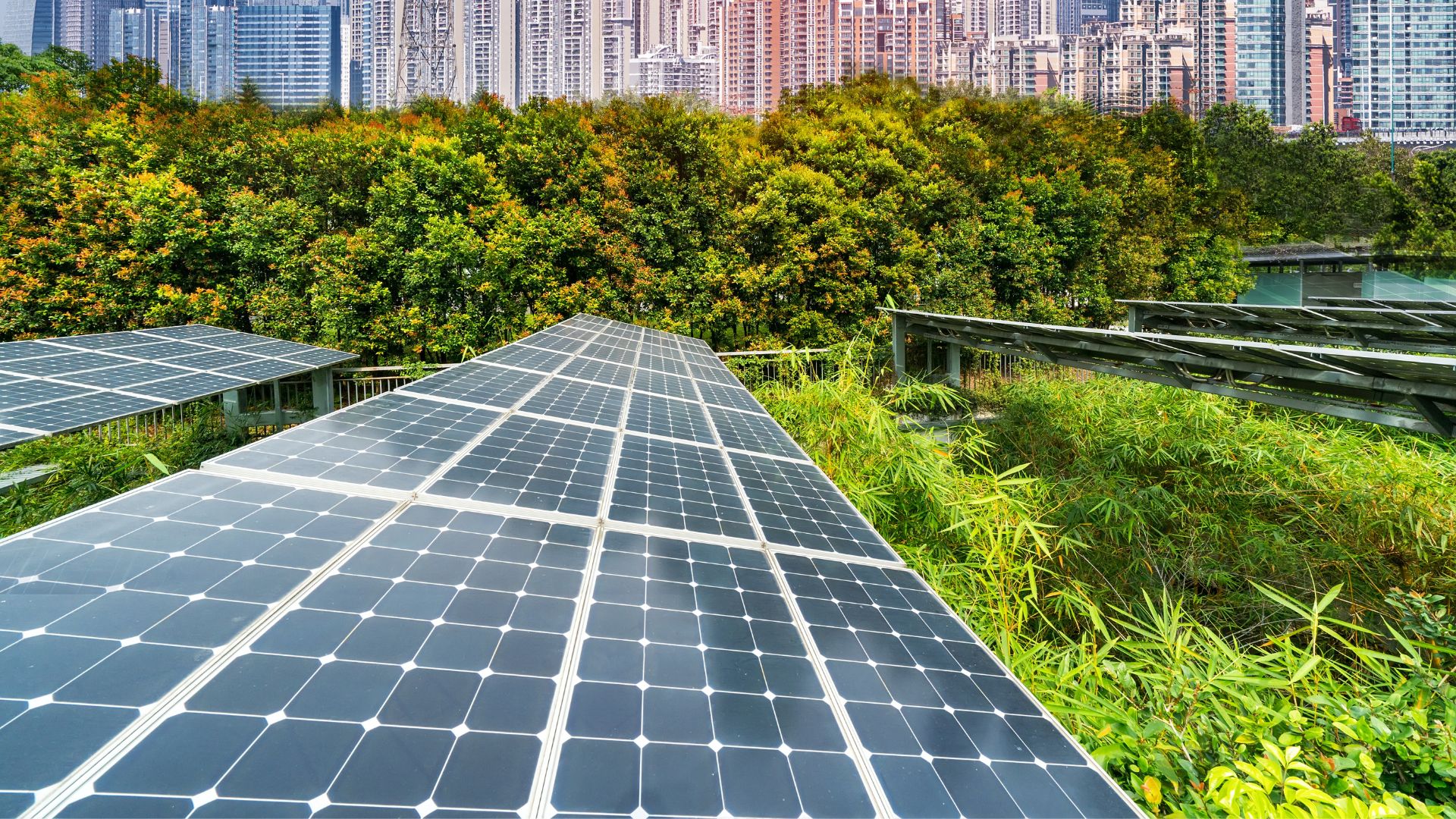
- 25 Apr 2023
Smart cities and smart energy are two closely related concepts that are transforming the way we live, work, and interact with our environment. Smart energy involves the use of advanced technologies and strategies to optimise the generation, distribution, and consumption of energy. Meanwhile, smart cities are urban areas that leverage cutting-edge technologies to enhance the quality of life for their residents, improve sustainability, and increase economic competitiveness.
Smart energy technologies have many implications for smart cities, including improved energy efficiency and grid reliability, lower carbon emissions, and cost savings. These technologies can optimise the use of energy in buildings and infrastructure by monitoring energy usage and adjusting heating and cooling systems to ensure efficient use of energy. They can also be used to integrate renewable energy sources such as solar and wind power into the city’s infrastructure, as well as to power electric vehicles and reduce reliance on fossil fuels for transportation. By using smart energy technologies, utilities can better manage the variability of these sources, ensuring a more reliable and stable supply of energy.
Moreover, smart energy technologies can help reduce energy waste by providing real-time information on energy consumption, enabling consumers to adjust their usage accordingly, resulting in significant energy savings and lower energy bills. Smart grids, which use advanced monitoring and control technologies to optimise the generation, transmission, and distribution of electricity, can also help prevent power outages by providing real-time monitoring and control of the grid. This can help utilities detect and respond to issues before they cause widespread disruptions.
In the Middle East, where there is growing demand for energy, coupled with concerns about sustainability and the environment, smart energy is becoming an increasingly important issue. Many countries in the region are looking to diversify their energy mix and invest in smart technologies to optimise energy production, distribution, and consumption. One of the key initiatives in the region is the development of smart grids, which can incorporate renewable energy sources such as solar and wind power, both of which are abundant in many parts of the Middle East. Governments in the region are also implementing policies to encourage the adoption of energy-efficient technologies and practices, such as LED lighting, efficient HVAC systems, and smart home automation.
Investment in renewable energy sources is another focus of many Middle Eastern countries, with some having set ambitious targets for increasing their use of renewable energy in the coming years. This is due in part to the region’s abundant solar resources, which make it a prime location for large-scale solar power projects. Overall, the Middle East is taking a proactive approach to smart energy, recognizing the importance of sustainability and the role that advanced technologies can play in meeting growing energy demand while reducing environmental impact.
In conclusion, the Middle East is at the forefront of utilising renewable energy sources and smart technologies to create sustainable and efficient cities. The abundance of solar resources in the region has led to ambitious targets for increasing the use of renewable energy in the coming years. This proactive approach recognises the importance of sustainability and the role that advanced technologies can play in meeting the growing energy demand while reducing environmental impact. By optimising energy usage through technology, smart cities can effectively reduce their carbon footprint and improve the quality of life for their citizens. It is clear that the power of smart technologies can revolutionise urban life and pave the way for a brighter and more sustainable future.